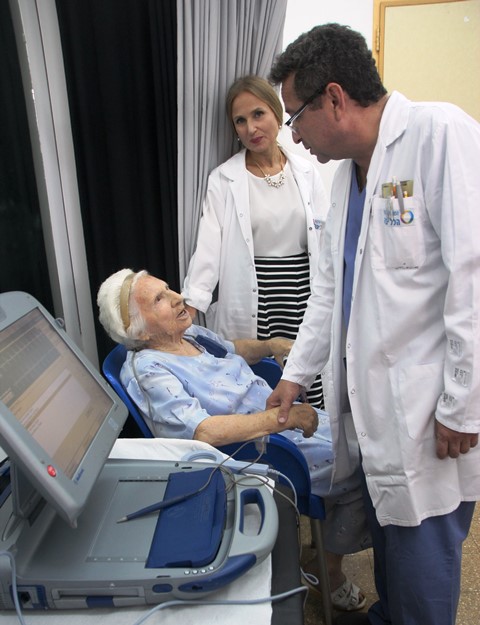This website uses cookies and similar technologies, including pixels, for the operation of the site, to enhance your browsing experience, perform statistical analysis, and tailor content to your preferences. Some cookies and pixels are provided by third-party service providers (such as Google Analytics, Meta Pixel, etc.) and may process non-identifiable information, including IP address, browser data, and browsing habits, in accordance with their own privacy policies.
The use of cookies is subject to your explicit consent. You may decline or withdraw your consent at any time. (Cookie preferences can be managed at any time through your browser settings.) Please note that refusing or blocking cookies may result in some website features not functioning properly, and may affect the quality and availability of services on the site.
For more information, please refer to our Privacy Policy.
The technical storage or access is strictly necessary for the legitimate purpose of enabling the use of a specific service explicitly requested by the subscriber or user, or for the sole purpose of carrying out the transmission of a communication over an electronic communications network.
The technical storage or access used solely for statistical purposes.
The technical storage or access is required to create user profiles to send advertising, or to track the user across one or multiple websites for similar marketing purposes.











.jpg?BannerID=39)

